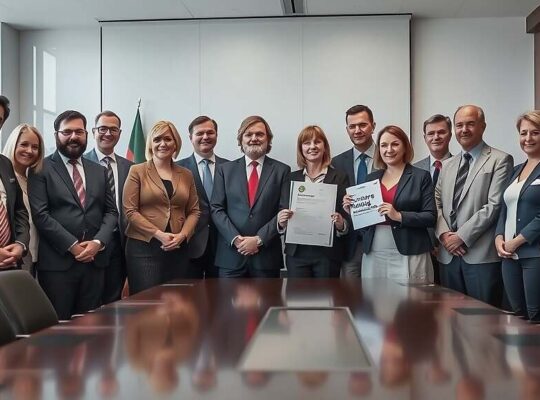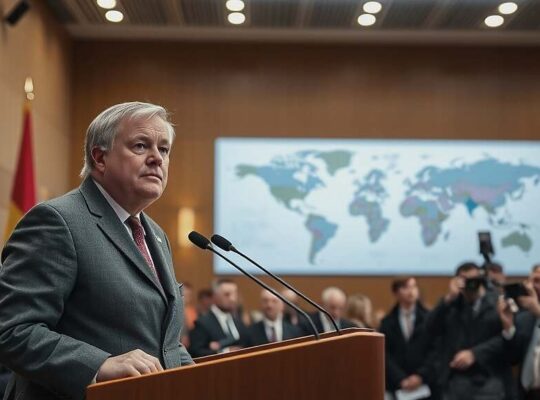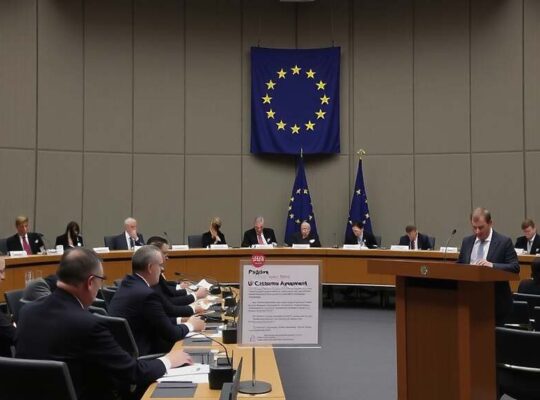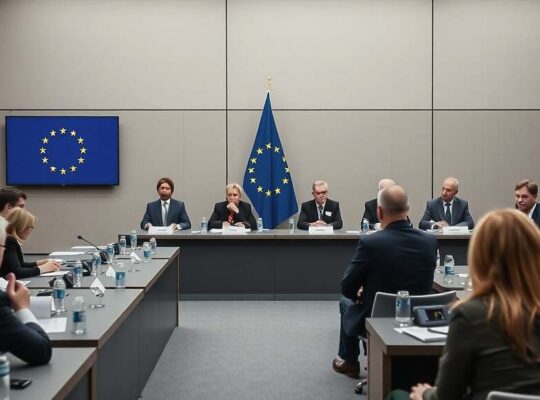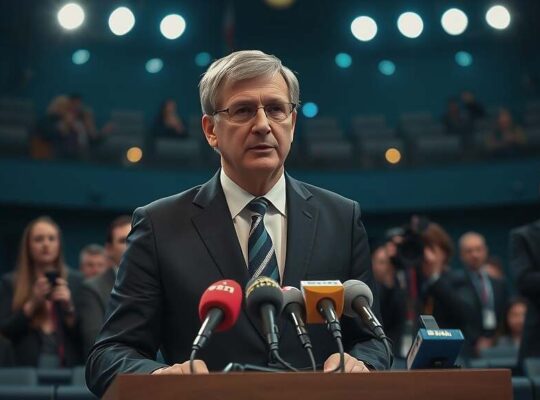The leader of the SPD parliamentary group, Matthias Miersch, has escalated the pension dispute with the CDU/CSU, vehemently defending the government’s drafted legislation and rejecting any backtracking on commitments made. His statements, delivered to Bavarian media outlets, underscore a growing tension within the fragile ruling coalition and raise questions about its long-term stability.
Miersch insisted that the current proposal, extending the “hold line” on pension contributions until 2031, represents a significant political concession secured through protracted negotiations and ratification by SPD members. He emphasized that reneging on this agreement would violate commitments made to the party’s grassroots and represent a betrayal of the party’s internal democratic processes. “We paid a political price for this compromise” Miersch stated, underlining the depth of his resistance to CDU/CSU demands for alterations.
Beyond the immediate issue of the “hold line” Miersch’s remarks served as a broader warning against undermining the trust fundamental to coalition governance. He cautioned that allowing any faction to consistently obstruct agreed-upon policies risks destabilizing the entire parliamentary structure. “A coalition only functions if we can rely on one another. The issue of pensions demonstrates this perfectly” he argued, highlighting the potential for a domino effect of dissent should a precedent of non-compliance be established.
The SPD leader directly addressed the responsibility of CDU/CSU parliamentary group leader, Jens Spahn, to secure the necessary parliamentary majority. While expressing confidence in Spahn’s commitment to the coalition’s success, Miersch stressed that ultimately, securing legislative victories requires consensus-building across the political spectrum.
Looking ahead, Miersch signaled a willingness to consider substantial social system reforms as early as next year. He acknowledged the necessity of future-proofing social programs and suggested that incorporating civil servants into the pension system could be a potential outcome of an upcoming commission tasked with assessing pension sustainability. This possibility, while potentially controversial, reflects a growing sentiment within the SPD to address long-term structural challenges within Germany’s social security framework. However, Miersch strongly denied recent reports suggesting he supports linking pension adjustments to inflation, attributing the claims to a misinterpretation of an interview. The escalating rhetoric indicates a precarious moment for the German coalition government, with the pension dispute emerging as a critical test of its viability.




